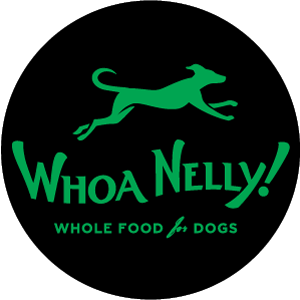UK Study: Does Raw Dog Food Cause E. Coli?
“If owners insist on feeding raw meat to their dog, it is essential that they fully understand this practice puts their dog at risk of becoming colonised with bacteria resistant to critically important antibacterials”
This is the finding in a new 2022 study out of the UK, being promoted by the Pet Food Industry. The study looks at data on bacteria in faeces across a population of 223 dogs. It concludes that raw feeding is associated with the carriage of antibiotic resistant E. coli in dogs, and is a "threat" to safety.
As with so much of the anti-raw campaign, it’s a misrepresentation of the data.
Here’s the big issue: the study is claiming that the risk of antibiotic resistant pathogens is associated with raw food only. No association is made with processed dog food, only raw.
What is the data behind this bold claim?
108 dogs tested positive for E. Coli, of which 32 had eaten raw food. That’s 29%.
The other 71% of cases are “Undisclosed”.
What is undisclosed? There are only 2 category options in the study: raw and undisclosed. It seems a pretty safe assumption that it’s kibble - but whatever it is, it isn’t raw.
This study only considers 29% of it’s data to be valid.
Ignoring 71% of the results is not science. It’s propaganda.
The stool data also shows that the same strains of antibiotic resistant E. coli are in both raw fed dogs and the “undisclosed” (ie. not raw fed) dogs. How could this be possible if it is raw food solely causing issues?
It doesn't make any sense.
If they want to make crazy anti-raw claims, we need evidence. To make an objective assessment we need to know what the 71% “undisclosed” food is. Or better yet, why not just test the foods for E. Coli?
Because, I suspect, they won’t like what they find…

